TEETH: CANARIES IN THE MINE?
What if dentists approached findings that indicate an imbalance in the mouth as a far more serious warning sign, like canaries dying in yesteryears mines?
What if dentists approached findings that indicate an imbalance in the mouth as a far more serious warning sign, like canaries dying in yesteryears mines?
Why do our attempts to deal with the challenges of our time so often fail? Why are we stuck in so many quagmires today? The cause of our collective failure is that we are blind to the deeper dimension of leadership and transformational change. This “blind spot” exists not only in our collective leadership but
Evidence indicates that poor maternal oral health can have significant consequences for a woman’s systemic health and that of her children. Similarly, transmission of oral bacteria from mother to child is well-documented and poses a risk for the development of early childhood caries, the most common chronic disease of childhood. Untreated maternal dental disease nearly
Paul Pholeros and his colleagues have been working for decades on improving health by improving the living environment and housing of Indigenous people in Australia. This successful model is now spreading to other continents. Ever since I watched this TEDx Talk, I have been wondering how we, dentists could apply similar thinking to improve health
Progress in dentistry has an intense focus on technology. And what more exciting for a dentist than a new high-tech instrument? I know. I used to say that the one who dies with the most toys wins. I was going to win this game. Early adopter across the board here! But is high-tech better? In some instances it surely is. When our patients come to the point of needing restorations, the technology that provides the best margins will benefit them for sure. But could there be better ways of benefitting our patients? This article was first published in the March 2013 issue of TEAM WORK, a Palmeri Publication.
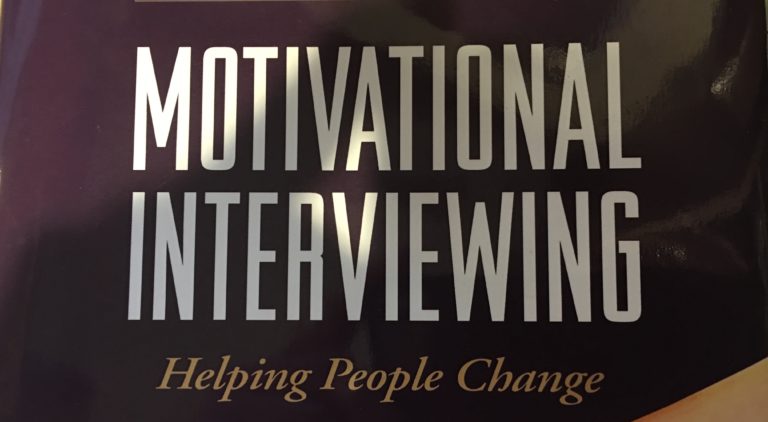
With ORAL HEALTH proposed as the foundation for overall health by the FDI VISION 2020 Task Force, let’s see dentists leading the way with this empowering approach to ORAL HEALTH.

We all are on a leadership journey. Everyone of us matters in the creation of a vision that supports HIGH VALUE & HIGH TRUST. Initiating a shift in the attention we pay to this simple fact will affect the qualitative dimension of our lives and the lives of those around us.
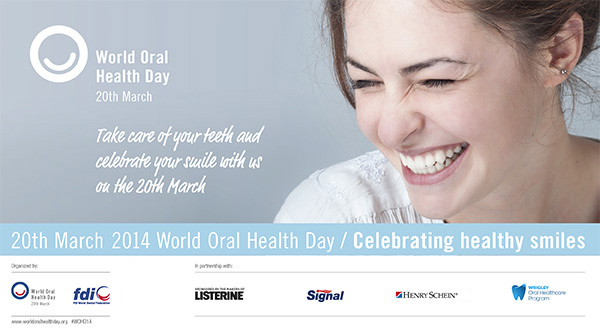
According to a white paper released in March 2014 by the World Dental Federation (FDI), oral diseases were among the most common diseases of humankind. This is still true in 2020, yet they receive little attention in many countries with weak health care systems. Despite a high social and economic burden from oral diseases they

What might be possible for our patients, our community, and ourselves if we stepped fully into a health leadership role? How much healthier could our community be if we engaged in meaningful health conversations with our patients, with each other, and with other health professionals?
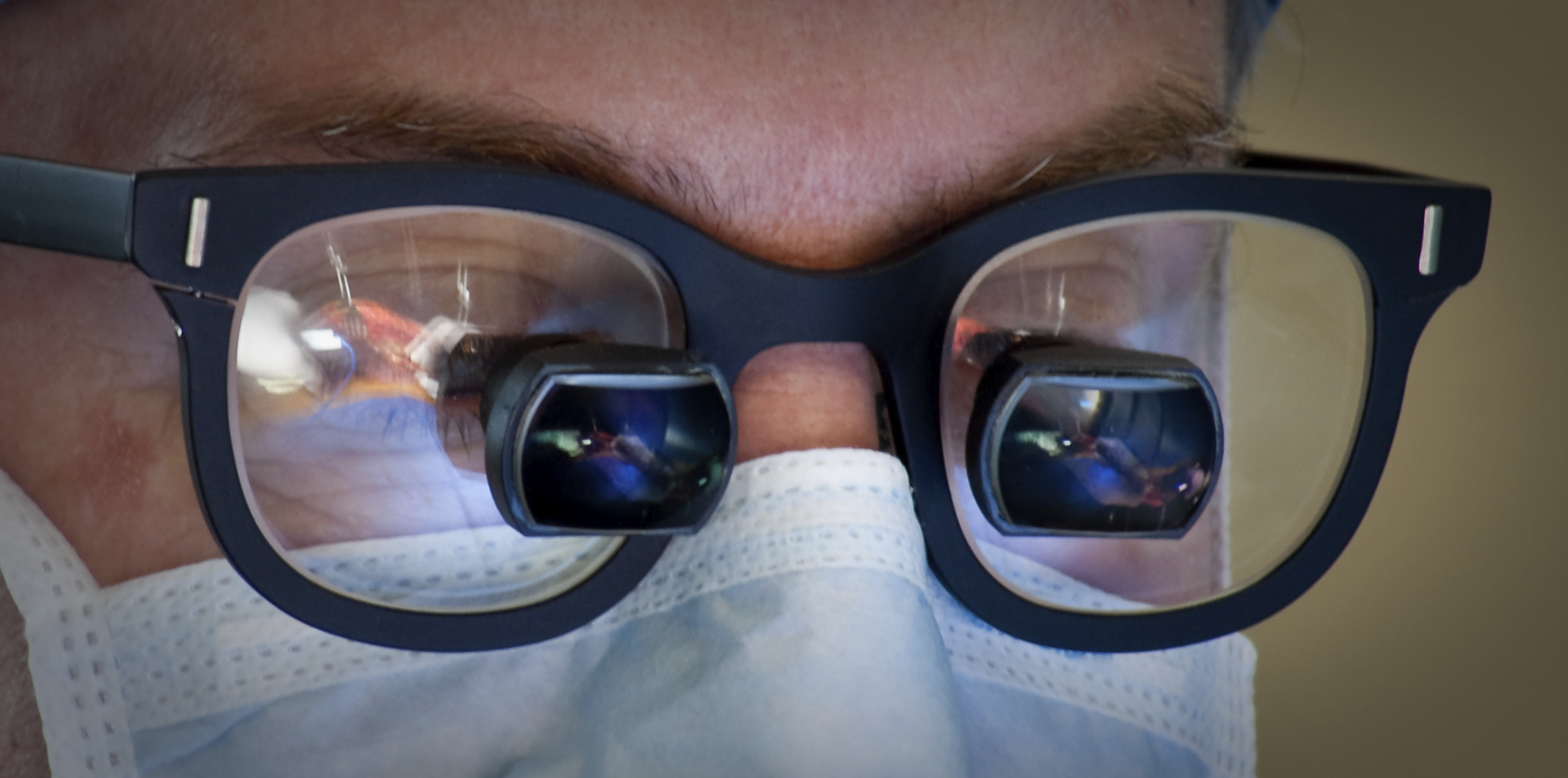
I have asked many dentists WHY they chose dentistry and the answer that keeps surfacing has to do with autonomy, high income, no evenings and no week-end, and… the respect that comes (or used to come) with being a health professional. The few who answer differently, the ones who talk about more than the socio-economic

What if dentists approached findings that indicate an imbalance in the mouth as a far more serious warning sign, like canaries dying in yesteryears mines?
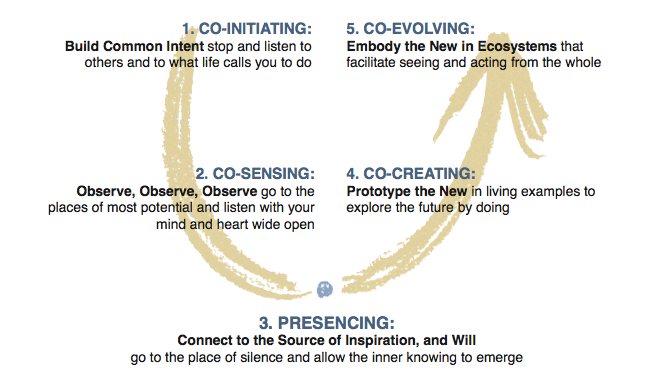
Why do our attempts to deal with the challenges of our time so often fail? Why are we stuck in so many quagmires today? The cause of our collective failure is that we are blind to the deeper dimension of leadership and transformational change. This “blind spot” exists not only in our collective leadership but
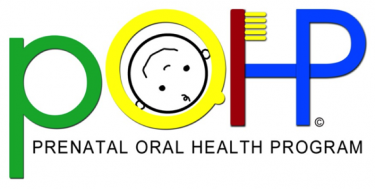
Evidence indicates that poor maternal oral health can have significant consequences for a woman’s systemic health and that of her children. Similarly, transmission of oral bacteria from mother to child is well-documented and poses a risk for the development of early childhood caries, the most common chronic disease of childhood. Untreated maternal dental disease nearly
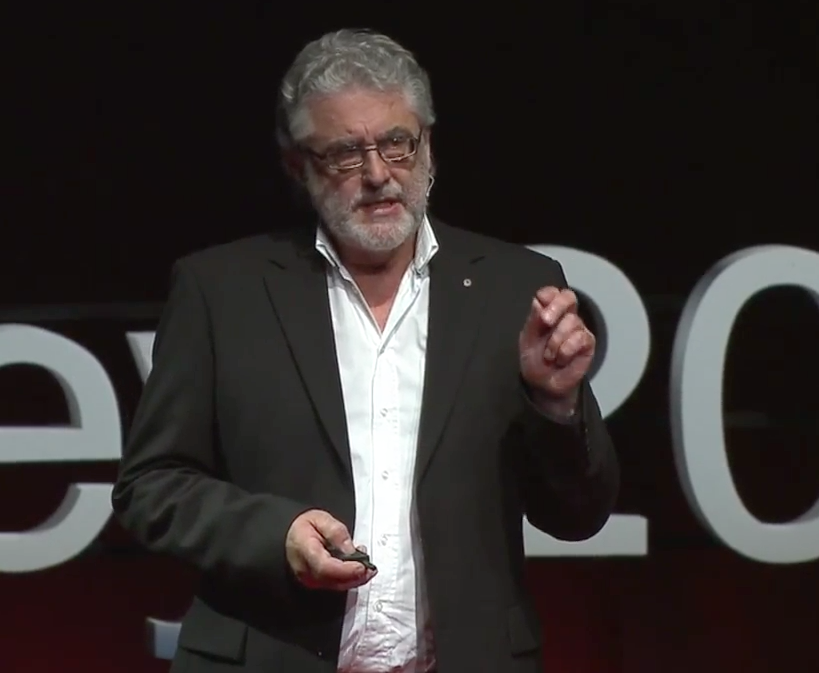
Paul Pholeros and his colleagues have been working for decades on improving health by improving the living environment and housing of Indigenous people in Australia. This successful model is now spreading to other continents. Ever since I watched this TEDx Talk, I have been wondering how we, dentists could apply similar thinking to improve health
© 2012-2024 All Rights Reserved